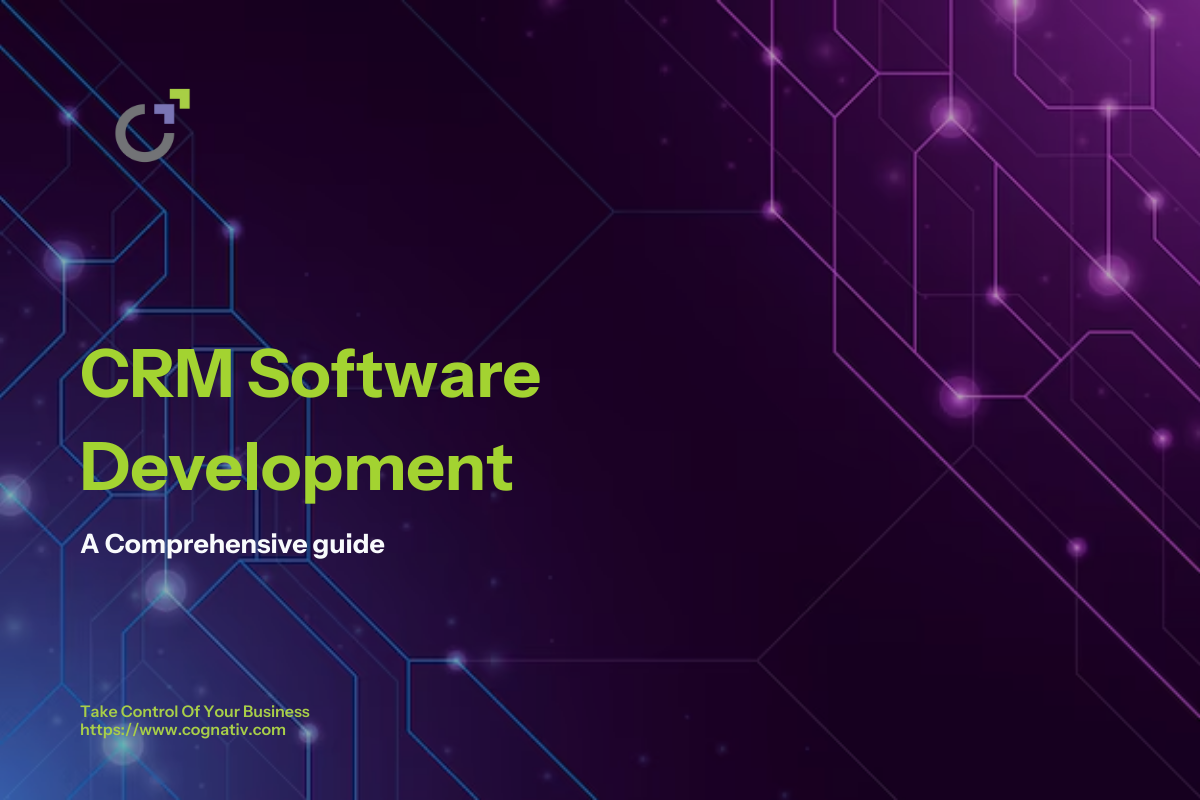



Monday, March 24, 2025
Kevin Anderson
Customer Relationship Management (CRM) systems have become an indispensable tool in the modern business landscape. Whether you’re a startup looking to nurture leads effectively or a large enterprise aiming to streamline sales and customer support, CRM software development stands at the heart of long‑term success. By consolidating customer data, automating daily tasks, and enabling data‑driven decision‑making, CRMs can yield a significant return on investment (ROI) and enhance customer satisfaction across the board.
But how do you choose the right approach – a custom CRM from scratch, or a modified off‑the‑shelf solution with advanced features? How do you ensure robust security, scalability, and seamless integration with your existing processes? This article addresses all these questions, providing a deep dive into CRM software development best practices, cost factors, and strategies for 2025 and beyond.

CRM software development refers to the process of designing, building, and deploying custom or customized CRM solutions that help organizations manage interactions with existing and potential customers. A CRM platform enables businesses to centralize data—such as contact information, sales histories, support tickets, and marketing interactions—and leverage that data to optimize daily workflows, automate routine tasks, and make data‑driven decisions.
This development process might involve building an entirely custom CRM software tailored to unique organizational needs or implementing and integrating existing platforms like Salesforce, Microsoft Dynamics, or HubSpot with advanced customizations. In some cases, developers add dedicated modules or microservices to offer features like advanced analytics, seamless third‑party integrations, or niche functionalities such as e‑signatures. Regardless of the approach, the ultimate goal is to create a CRM platform that aligns perfectly with your business processes and supports your growth objectives.
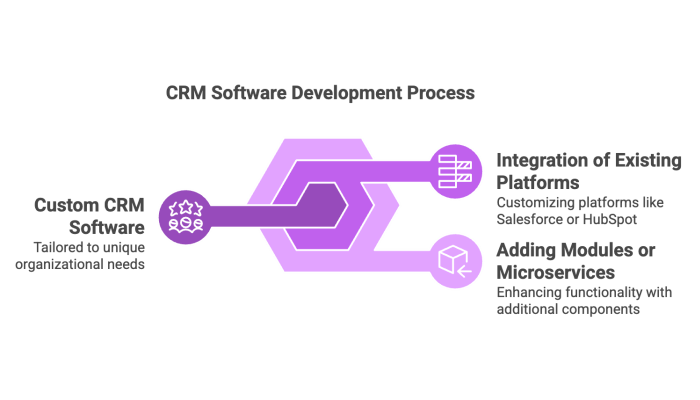

A robust CRM system is essential because it unifies customer data from various channels—sales, marketing, and support—into one centralized repository. This consolidation eliminates data silos and enables personalized customer interactions that drive loyalty and revenue. Additionally, a well‑designed CRM boosts sales efficiency by automating tasks like lead scoring, email campaign tracking, and pipeline forecasting, which helps sales teams prioritize and close deals faster.
Moreover, having a single source of truth for customer information improves customer service by providing support teams with instant access to comprehensive records, reducing the chances of repeated inquiries and accelerating issue resolution. With built‑in analytics and reporting, managers can gain deep insights into customer behaviors, identify upsell opportunities, and forecast trends. Ultimately, the ROI on CRM systems is often realized quickly as better lead management and targeted campaigns result in increased sales and improved customer retention.
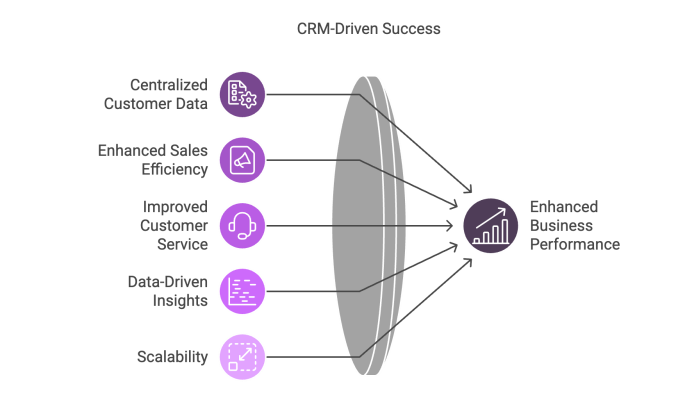

Choosing between a custom CRM and an off‑the‑shelf solution is a critical decision that depends on your organization’s unique requirements. Off‑the‑shelf software usually comes with a wide range of features designed to cater to the general market, but they might not fit the specific workflows of your business.
Custom CRM Software Development offers several advantages:
However, custom development often comes with higher initial costs and longer development cycles, and requires advanced technical expertise. In contrast, off‑the‑shelf solutions offer quick setup, lower upfront costs, and regular vendor updates but might fall short in terms of customization, scalability, and integration with specialized workflows.
Ultimately, off‑the‑shelf platforms are well-suited for many standard use cases, especially for small to medium‑sized businesses needing rapid deployment. Yet, if your organization has highly specific requirements or plans for complex future expansions, a custom CRM approach may prove more cost‑effective and adaptable in the long run.
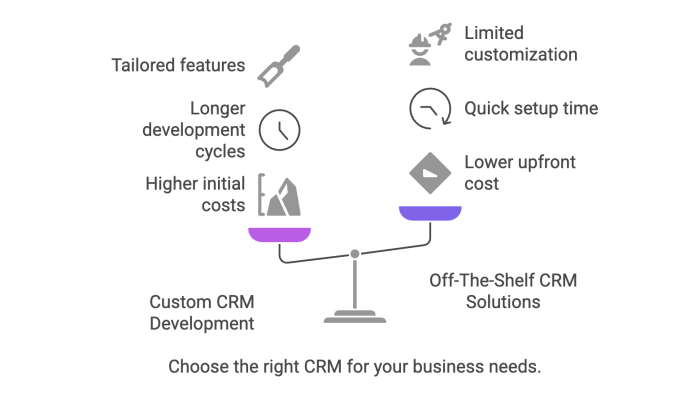

Effective CRM software should not only centralize customer data but also offer a suite of features that empower your sales, marketing, and support teams to work more efficiently. Some of the key features include:
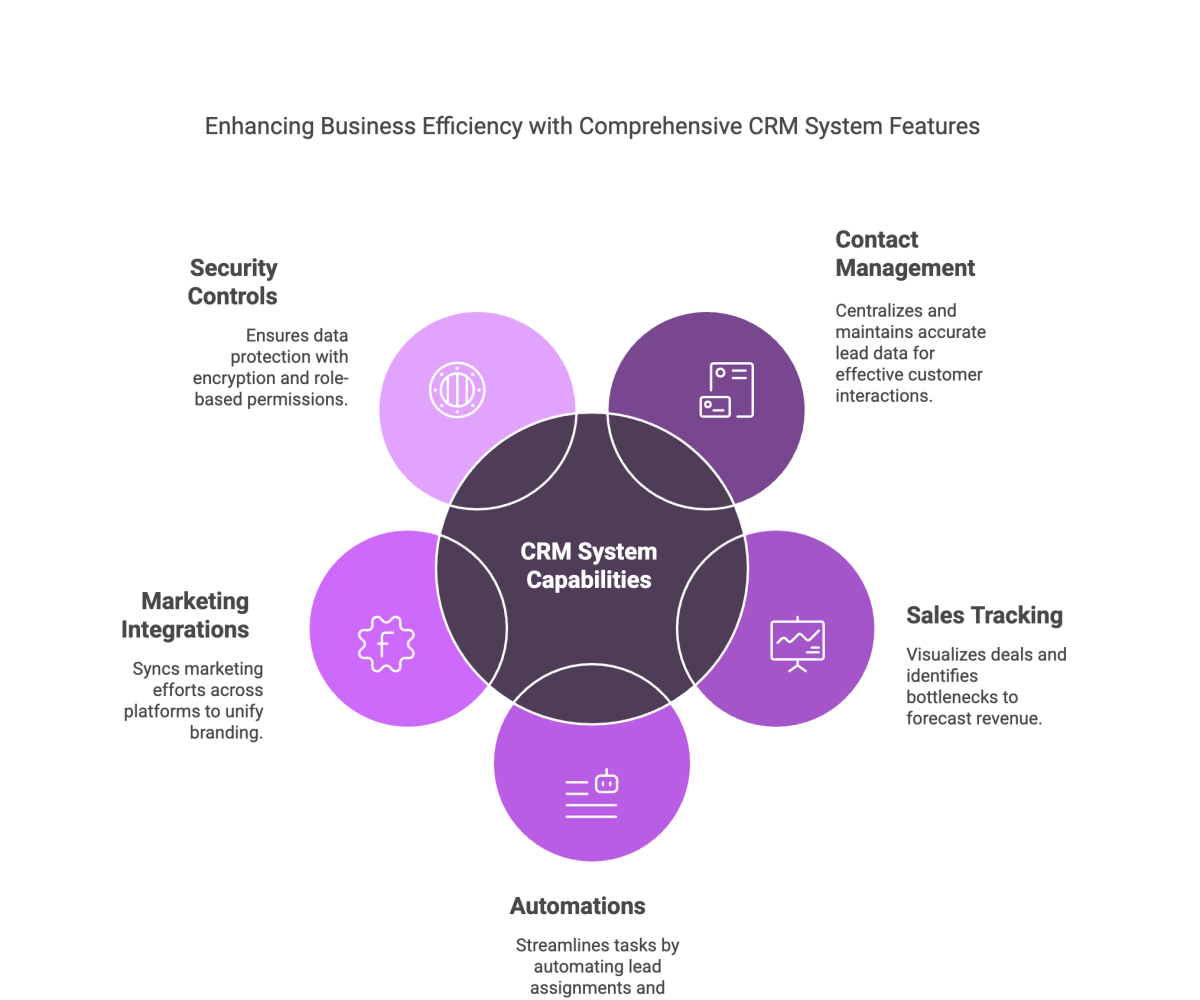

CRM software development services can be delivered under various engagement models, depending on your specific needs and resource availability. Common models include:
Choose the engagement model that aligns with your in‑house capacity, budget, and strategic goals. For startups with evolving requirements, time‑and‑materials or dedicated teams often offer the most agility.
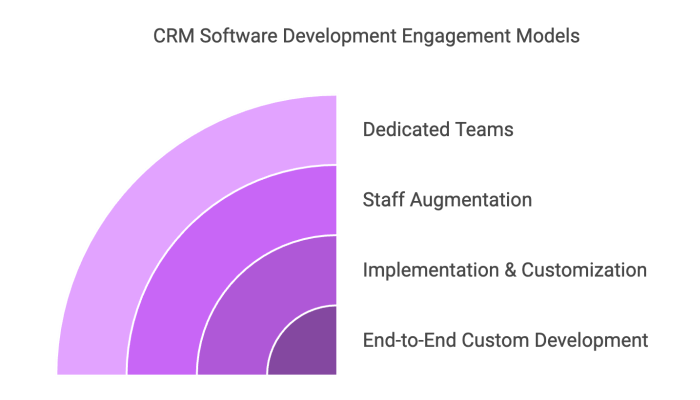

When selecting a partner to develop your CRM, consider these key factors:
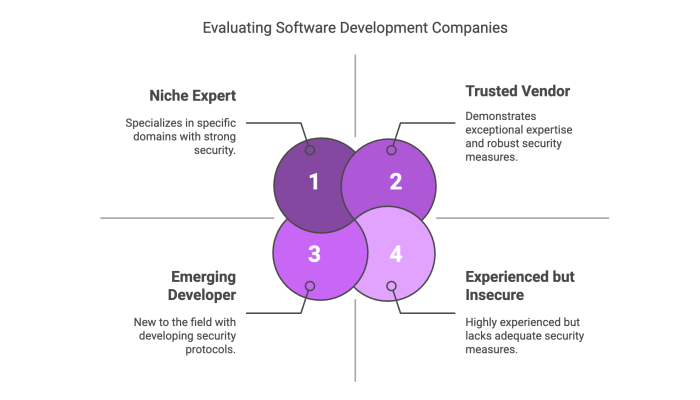

While CRM systems are ubiquitous, their benefits vary by industry. Custom CRMs are particularly advantageous in sectors where unique workflows and data requirements exist:
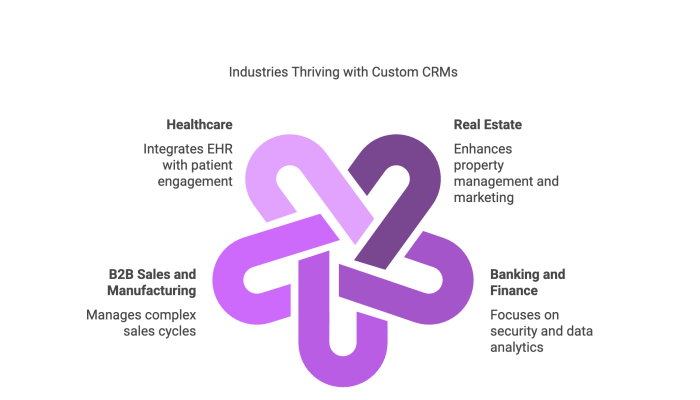

Custom CRM software development typically involves higher initial costs compared to off‑the‑shelf solutions. However, the long‑term benefits often justify the investment. Key cost factors include:
ROI is realized through:
Many businesses recoup their CRM development expenses in under 12 months as improvements in conversion and retention lead to significant revenue growth.
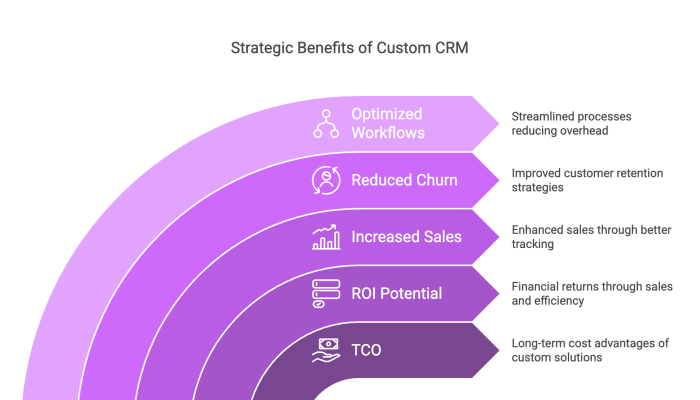

Below are some common questions regarding CRM software development:
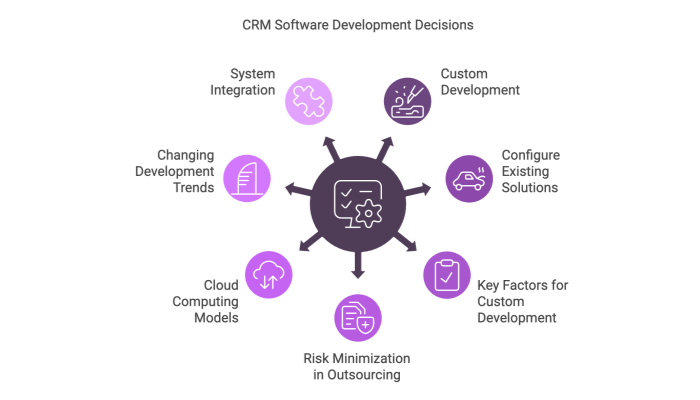

CRM software development stands at the heart of customer‑centric growth strategies. By consolidating lead and customer data, automating repetitive tasks, and delivering insightful analytics, a robust CRM drives higher sales conversion, improved customer service, and smarter strategic decisions. Whether you require a custom CRM built from scratch or enhancements to an existing platform, the key is to choose the right engagement model and development partner to ensure long‑term success.
In 2025 and beyond, CRM success hinges on adaptability—scaling features, integrating with diverse third‑party tools, and evolving with your customers’ needs. With best practices, specialized partners, and transparent collaboration, you can develop a CRM that not only functions as a customer database but also serves as a strategic engine for business growth.
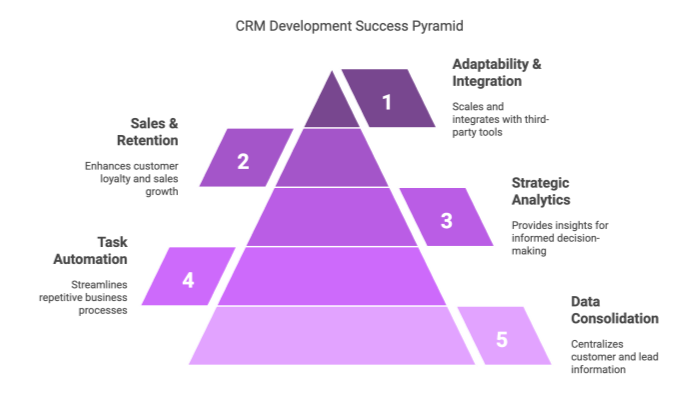
If you’re ready to harness the power of a custom CRM solution to transform your customer relationships and drive business growth, contact us today. Our expert team is here to guide you through every step of the CRM development process, ensuring a secure, scalable, and highly tailored platform that meets your unique needs.

